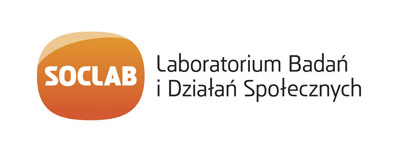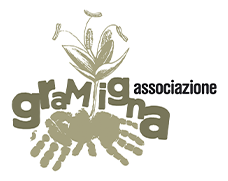EURECA
Good Practices
.png)
.png)
 Pictures:
Pictures:Map of ReFood centers in Portugal (ReFood)
Collection of food items (ReFood)
Volunteers from Guimarães city center (ReFood)
ReFood – Stop waste feed people
Country:Main Subject:
Description:
ReFood is a project that consists of collecting surplus food that otherwise would be wasted, and distributing it to individuals and families in vulnerable situations, through a community and voluntary approach. Combating poverty and food waste simultaneously promotes environmental sustainability and social cohesion. It is a nationwide initiative, focusing on urban areas, which began to be replicated in Madrid (Spain) and Milan (Italy), with the prospect of also being replicated in Brazil and Virginia (USA).
The operation of ReFood is based on a network of around 60 centers and 7500 volunteers who collect food waste from around 2500 partners, such as restaurants, bakeries and supermarkets. Volunteers also ensure the storage and distribution of food, appropriately and safely, to around 6800 beneficiaries registered in the network, providing access to nutritious and quality meals.
Every month, the project saves 150,000 meals from waste, contributing to reducing the environmental impact of waste. Each month, ReFood avoids sending 1000 tons of bio-waste to landfills, mitigating the release of greenhouse gases associated to the waste.
ReFood also promotes social inclusion by providing nutritious food to people and families in the worst living conditions, helping to combat poverty and hunger. The project also ensures financial sustainability through economic efficiency, as meals are redeemed at 10 cents each and the community contributes with their time, food or other material support.
Another important advantage of ReFood is public awareness of issues related to food waste and the importance of adopting sustainable consumption and production practices. By educating the community about the negative impact of food waste on the environment and society, the project inspires behavioral changes and promotes a more conscious and responsible lifestyle.
Reference links:
SDG direct/ indirect short justification:
SGD 1 – No Poverty
ReFood is a project that helps poor people and those in vulnerable situations to have access to sufficient and nutritious food throughout the year.
SGD 2 – Zero Hunger
The most relevant direct social benefit of ReFood is the eradication of hunger, by guaranteeing a permanent and sustainable food distribution system.
SGD 3 - Good health and well-being
The food distributed by ReFood is safe and nutritious, which contributes to the health and well-being of people and society
Keywords:
City:
Questions:
- What is the objective of the ReFood project?
- How many meals are saved from waste per month?
- How many tons of biowaste are avoided per month?
Authors:
EDU.IN – Associação para a Educação Integral




